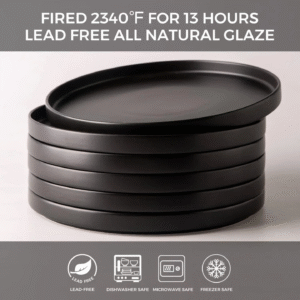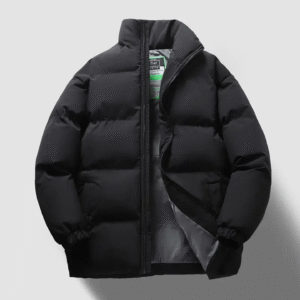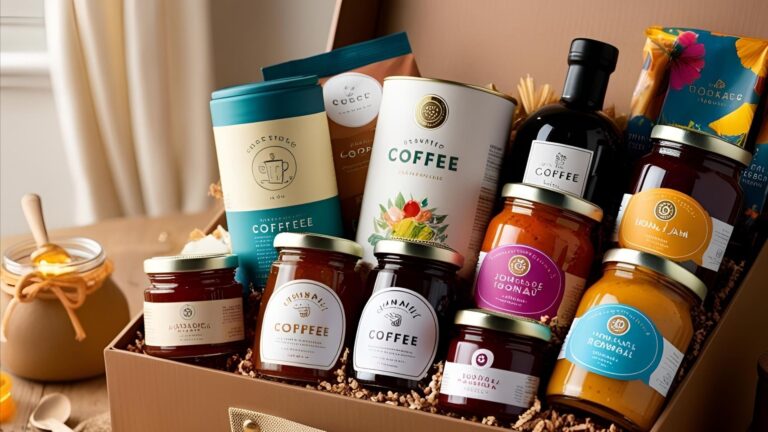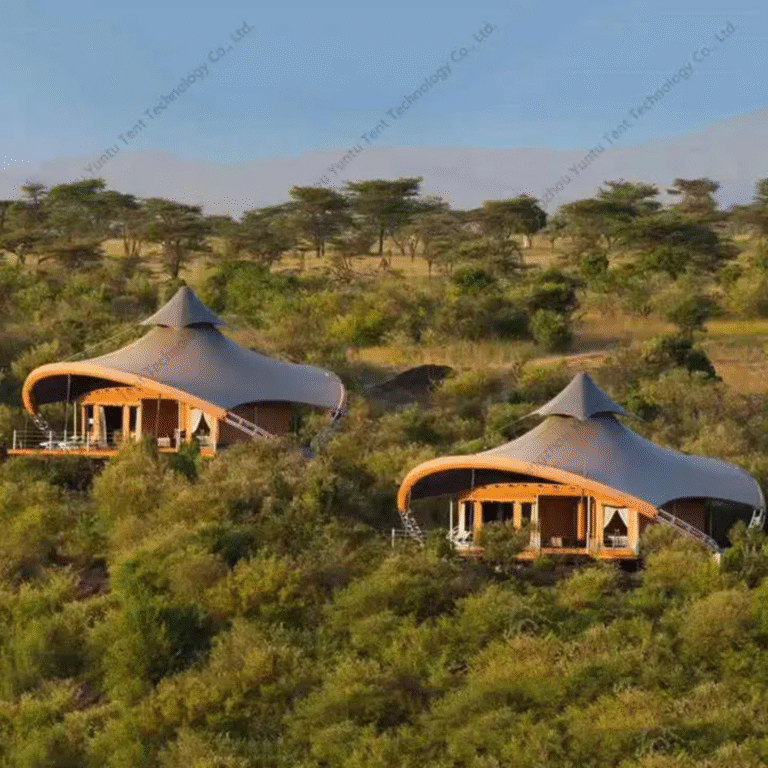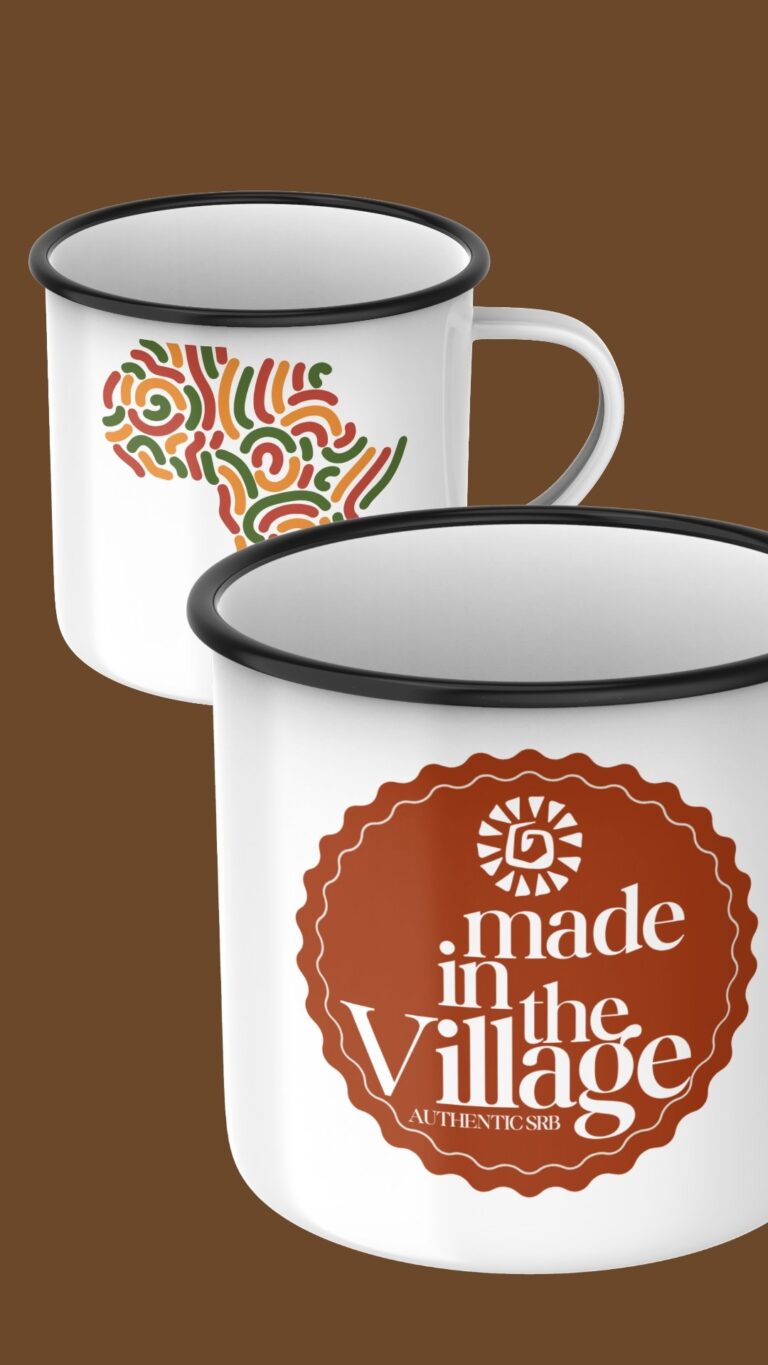Become an Agent for Chinese Manufacturers
From Jungle Drums to Chinese Deals: How to Be Africa’s Top Agent for Manufacturers!
Greetings, fellow adventurers! Your favourite primate in the import-export jungle, the Monkey Import Export team, is here to swing through some crucial advice for those of you with an eagle eye for opportunity and a desire to bridge continents. You’re thinking about becoming an agent for Chinese manufacturers in the booming African market? Excellent! You’re looking to be the strategic gorilla in the room, the savvy chimp connecting demand with supply!
Being an agent isn’t just about yelling “Here! Buy this!” from the treetops. Oh no, it’s about being the reliable guide, the trustworthy negotiator, and the consistent problem-solver. So, grab your metaphorical binoculars (and maybe a comfy seat, this is important), and let’s outline the process to becoming an effective agent.
On sale products
-
A Frame Cabin
Original price was: $8,000.00.$5,000.00Current price is: $5,000.00. -
Bamboo Building
Original price was: $89.00.$49.00Current price is: $49.00. -
Black Ceramic Plate Set
Original price was: $20.00.$18.00Current price is: $18.00. -
Branded Winter Puffer Jackets
Original price was: $50.00.$20.00Current price is: $20.00.
Phase 1: The Great Manufacturer Hunt – Finding Your Perfect Partner (No More Guessing Games!)
This isn’t like picking the ripest banana from the bunch; it’s about finding the right banana tree that consistently produces the juiciest fruit!
- Know Your African Jungle (Market Needs): Before you even think about a Chinese factory, what does your local market actually need? What’s the buzz on the streets of Harare, Lagos, or Nairobi? Are people desperate for affordable solar lighting? Are there opportunities in construction materials, consumer electronics, or perhaps specialized agricultural machinery? Don’t try selling snowshoes in the Sahara, unless you’ve found a really unique niche (and a very specific type of customer).
- Monkey Tip: Talk to local retailers, contractors, farmers. What are their biggest pain points? What products are scarce or overpriced? This is your goldmine!
- Identifying Potential “Trees” (Manufacturer Sourcing):
- Online B2B Platforms: These are your digital jungle gyms! Websites like Alibaba, Made-in-China, and Global Sources are brimming with manufacturers. Use their search filters wisely.
- Trade Fairs (Physical & Virtual): Nothing beats a good old-fashioned sniff test (and by sniff, I mean checking quality and sincerity). The Canton Fair in China is legendary, but also look out for virtual expos or even Chinese pavilions at African trade shows. Meeting face-to-face builds trust faster than a speeding cheetah.
- Referrals: Tap into your network! Has anyone you know had a good experience with a Chinese supplier? Personal recommendations are like finding a hidden cache of ripe mangoes.
- Vetting Your “Tree” (Due Diligence): This is where you turn from a playful primate into a serious detective.
- Reliability & Quality: Request samples (and test them rigorously!). Check their production capacity. Do they have certifications relevant to your market (CE, RoHS, etc.)?
- Communication is Key: Can they communicate clearly in English (or a language you both understand)? Are they responsive? If they communicate like a shy squirrel, that’s a red flag for future headaches.
- Experience with Agents/Export: Do they have a track record of working with overseas agents? Are they familiar with international shipping and payment terms?
- Willingness to Partner: Are they genuinely interested in building a long-term relationship, or do they just see you as a quick transaction? You want a partner who sees you as an extension of their own sales arm in Africa.
Phase 2: The Sacred Scroll – Crafting Your Agent Agreement (Make it Stickier Than Sap!)
Once you’ve found your ideal manufacturer, it’s time to formalize the relationship. This Agent Agreement is your legal blueprint; don’t just nod and smile!
- Commission Structure: How do you get paid? Is it a percentage of sales? A fixed fee per unit? Clearly define the rate, when it’s paid (e.g., upon order confirmation, upon shipment, upon client payment), and how it’s calculated. This is your pile of gold coins, so make sure it’s well-defined!
- Exclusivity and Territory: Are you the only monkey with access to this particular banana tree in your region? Exclusivity gives you a competitive edge and incentivizes you to invest heavily in marketing. Clearly define your geographical territory (e.g., “Zimbabwe only,” “Southern Africa,” or even specific cities).
- Duration and Termination Clauses: How long is the agreement valid? What are the conditions for renewal? More importantly, what are the conditions under which either party can terminate the agreement? This protects both you and the manufacturer if things don’t work out as planned.
- Intellectual Property (IP) Protection: Crucial! Ensure the agreement clarifies that the manufacturer’s IP (trademarks, designs, patents) remains theirs, and yours (your client list, marketing strategies) remains yours.
- Support and Resources: What will the manufacturer provide? Samples? Marketing materials? Technical support? Training? Clear expectations here prevent future squabbles.
- Get Legal Advice: Seriously. Don’t sign anything you don’t fully understand. That’s how monkeys end up stuck in cages! Invest in a good lawyer who understands international trade law in both your country and China.
Phase 3: Building Your African Tribe – Conquering the Market (More Than Just Monkey Business!)
You’ve got the products, you’ve got the agreement. Now, let’s get those products moving!
- Market Mapping: Who Needs Your Bananas?
- Identify your target clients: Are they large distributors, small family-run retailers, government agencies, construction companies, or individual project managers?
- Segment your market: Don’t treat everyone the same. A boutique retailer needs a different approach than a bulk buyer.
- Networking Like a Pro (No Tarzan Yells Required):
- Local Chambers of Commerce: These are fantastic places to meet potential clients and learn about local business trends.
- Industry Associations: Join groups relevant to your products (e.g., a national association for electronics retailers, agricultural federations).
- African Trade Shows & Expos: Showcasing your manufacturer’s products at local events is a powerful way to generate leads.
- Online Professional Networks: LinkedIn is your digital watering hole for connecting with decision-makers.
- Crafting Your Value Proposition: Why YOU?
- You’re not just selling a product; you’re selling a solution, convenience, and reduced risk. Emphasize:
- Local Knowledge: You understand the market, the culture, the logistics.
- Reduced Risk for Buyers: They deal with you locally, reducing perceived risk of importing directly.
- Easier Communication: You bridge the language and cultural gap.
- Streamlined Process: You handle the complexities of import, customs, and payment.
- After-Sales Support (if applicable): If you can offer local support, that’s a huge selling point.
- You’re not just selling a product; you’re selling a solution, convenience, and reduced risk. Emphasize:
- Relationship Building: Be the Reliable Chimp!
- Follow-up is King: Don’t just make a pitch and disappear. Follow up diligently, but respectfully.
- Be a Problem-Solver: In this business, issues will arise. Your ability to quickly and effectively resolve problems for both your manufacturer and your African clients will build immense trust.
- Transparency: Be honest about timelines, pricing, and capabilities.
- Regular Communication: Keep your manufacturers updated on market trends and your clients informed about product availability and new offerings.
The Monkey’s Final Wisdom (and a Gentle Swing of Encouragement)
Becoming an effective agent for Chinese manufacturers in Africa is a journey, not a quick sprint. It requires patience, persistence, and a genuine desire to build bridges. But with diligence, a good sense of adventure, and the right strategic steps, you can become an invaluable link in the chain of commerce, bringing quality Chinese goods to a thriving African market.
And hey, if you need a fellow monkey to help connect you to the right manufacturers or understand the nuances of this exciting trade, you know where to find us. The Monkey Import Export team is always ready to help you swing into success!
Ready to swing into action? Share your thoughts or questions in the comments below!




